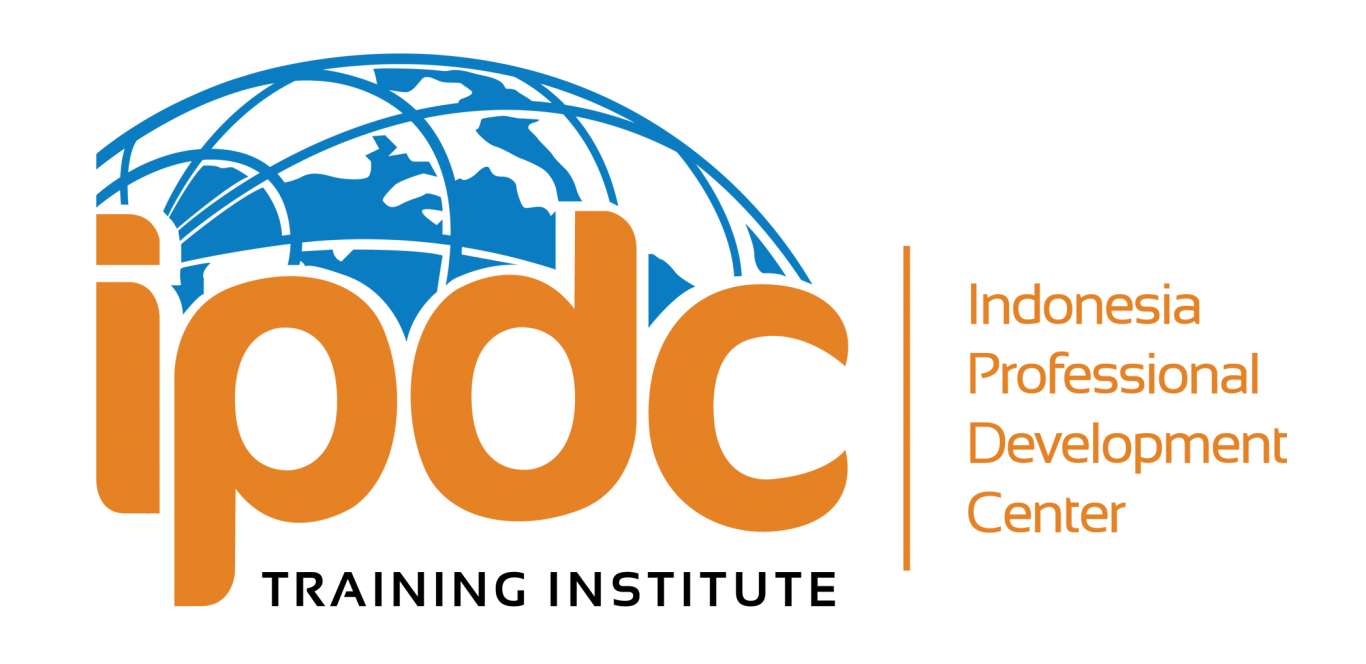Becoming an Effective Communicator @Workplace
- Febryansyah Febryansyah
- Jan 25, 2024
- 2 min read

Becoming an effective communicator in the workplace is crucial for building strong relationships, fostering collaboration, and achieving professional success. Here are some key strategies to enhance your communication skills:
1. Active Listening:
Practice active listening by giving your full attention to the speaker, making eye contact, and avoiding interruptions. Demonstrate that you are engaged and genuinely interested in what others are saying.
2. Clarity and Conciseness:
Be clear and concise in your communication. Avoid unnecessary jargon, and express your ideas in a straightforward manner. Use language that is easy to understand, and ensure your message is focused and to the point.
3. Know Your Audience:
Tailor your communication style to your audience. Consider factors such as their background, level of expertise, and communication preferences. Adjust your approach to be most effective with different individuals or groups.
4. Effective Nonverbal Communication:
Pay attention to your nonverbal cues, such as body language, facial expressions, and gestures. Ensure that your nonverbal communication aligns with your spoken words, as inconsistencies can lead to misunderstandings.
5. Use Appropriate Tone:
Be mindful of your tone of voice. Strive to maintain a positive and respectful tone, even in challenging situations. Avoid sarcasm or a condescending tone, as these can negatively impact your message.
6. Feedback and Clarification:
Encourage feedback and ask for clarification when needed. This ensures that everyone is on the same page and minimizes the risk of miscommunication. Be open to receiving constructive feedback to improve your communication skills.
7. Choose the Right Medium:
Select the appropriate communication medium for the message. Some messages may be better conveyed in person or through video conferencing, while others are suitable for email or written communication. Consider the urgency and nature of the information.
8. Empathy and Emotional Intelligence:
Develop empathy and emotional intelligence to understand the emotions and perspectives of others. Being emotionally aware helps you communicate with sensitivity, especially in situations that may require empathy and support.
9. Positive Body Language:
Project positive body language, including maintaining good posture, offering a firm handshake, and using gestures that enhance your message. This contributes to a positive and confident image.
10. Adaptability:
Be adaptable in your communication style. Recognize that different situations and individuals may require varying approaches. Flexibility in your communication style helps you connect with a diverse range of people.
11. Conflict Resolution Skills:
Develop skills for resolving conflicts constructively. Address disagreements promptly, focus on the issue at hand rather than personal attacks, and work towards finding mutually beneficial solutions.
12. Continuous Improvement:
Seek opportunities for continuous improvement in your communication skills. Reflect on your interactions, learn from experiences, and actively seek feedback to refine and enhance your abilities.
By incorporating these strategies into your communication approach, you can build stronger relationships, foster a positive work environment, and contribute to your professional success in the workplace. Effective communication is a skill that can be continually refined and honed throughout your career.





